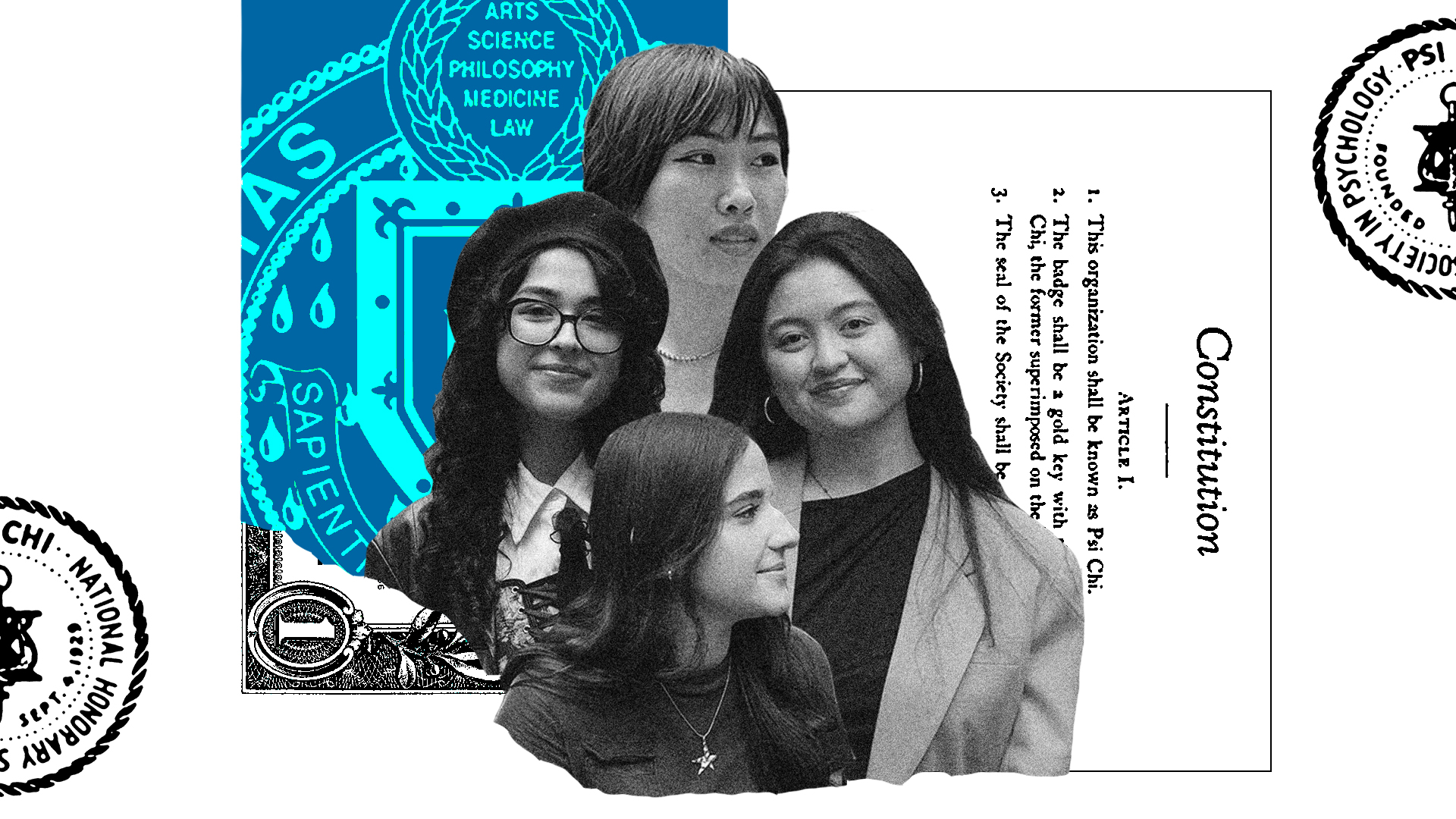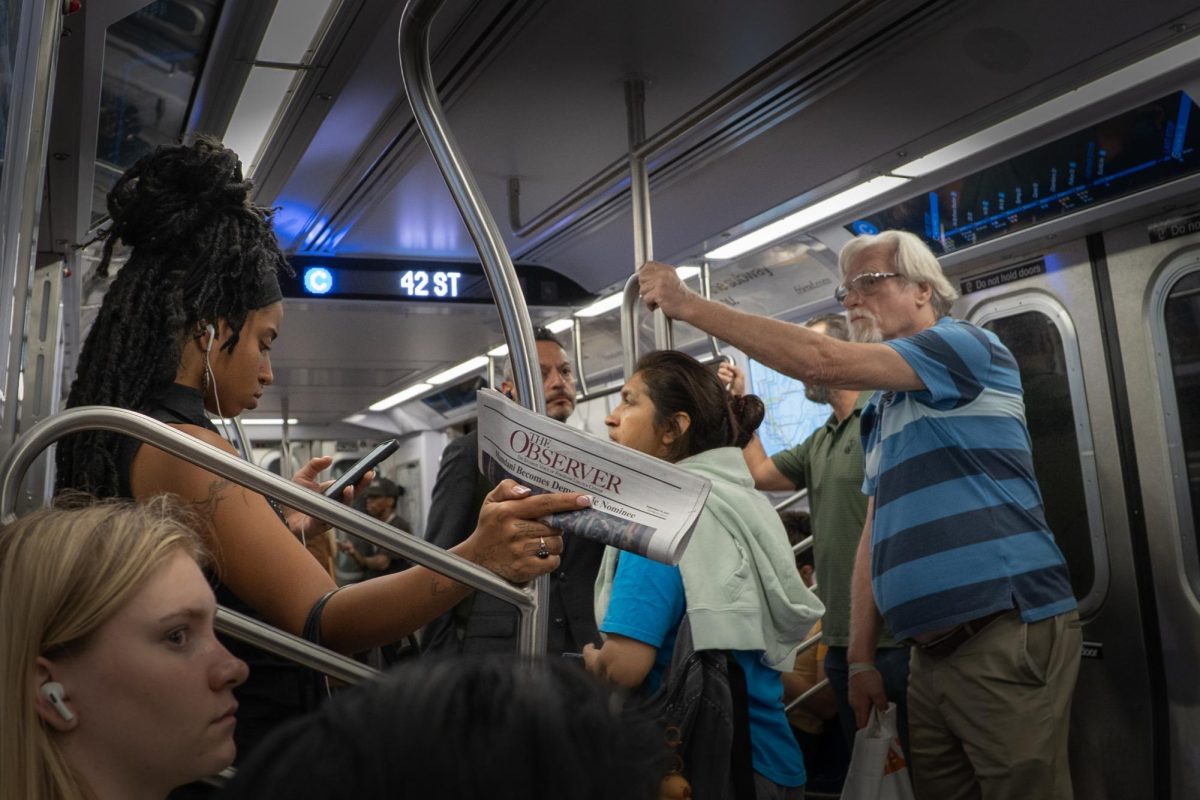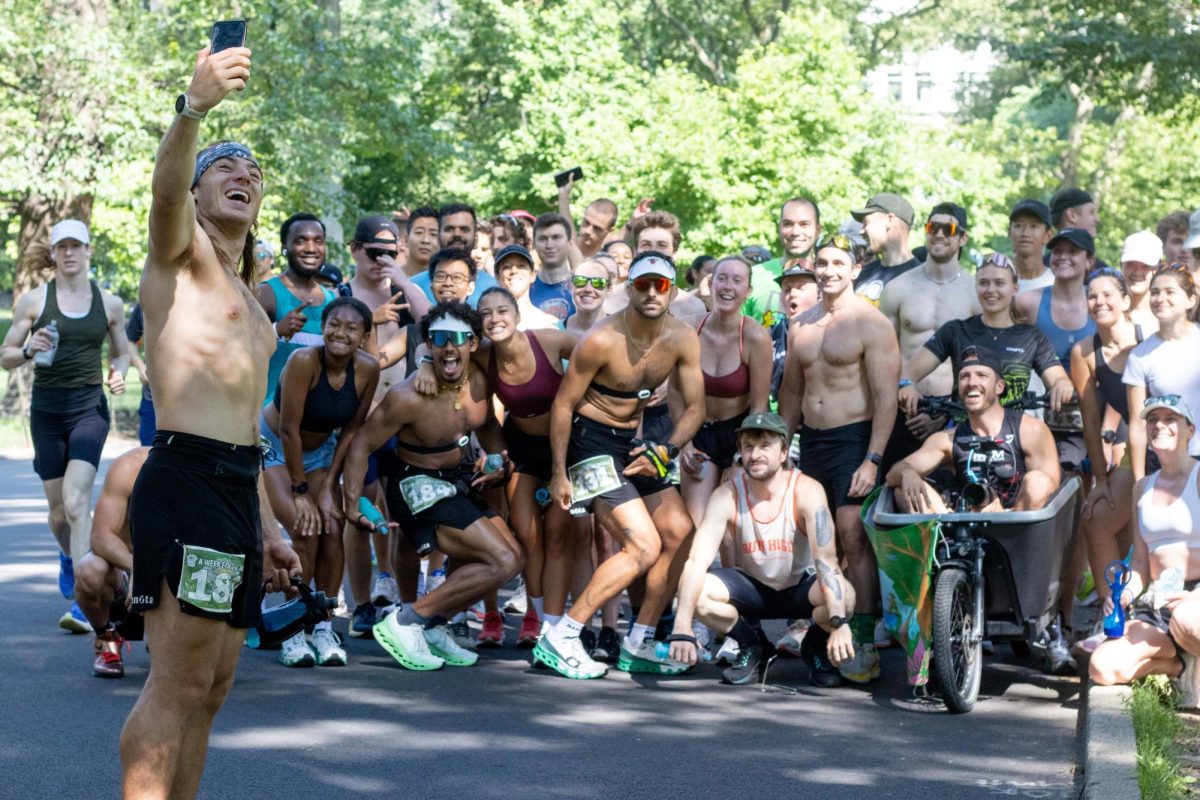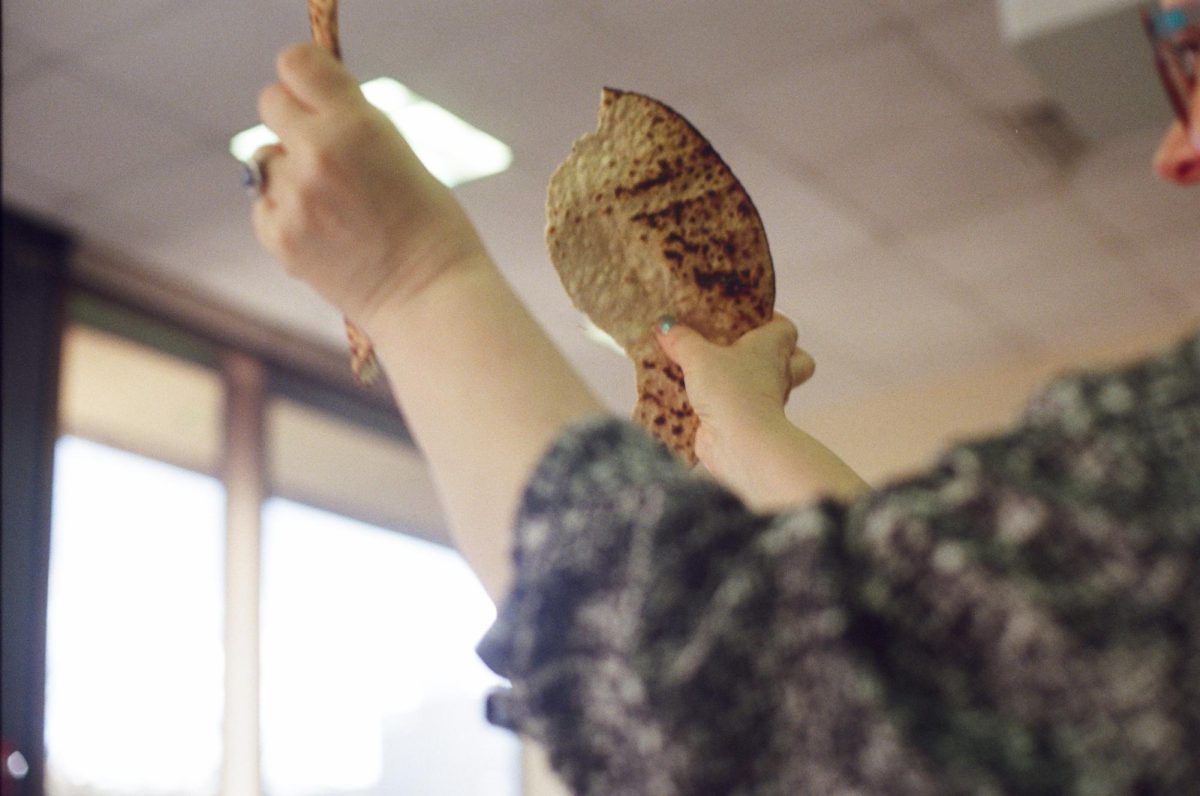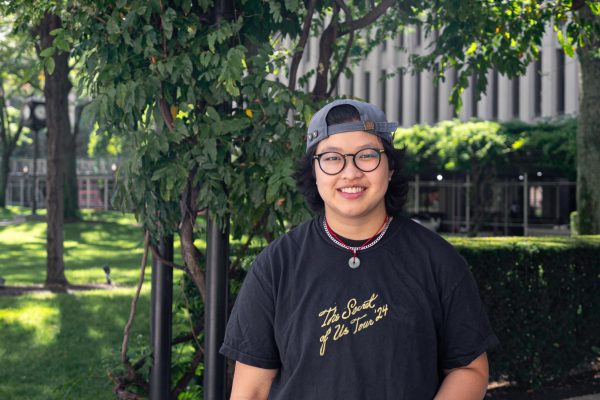Each month, a new crop of events are advertised by a bounty of flyers stuck to Fordham’s bulletin boards. These flyers may be a daily sight for the wandering eye of a Fordham Lincoln Center student. Take a trip over to the flyer-filled boards extending their papery hands out into the crowds of Fordham passersby, ripe for club membership. Upon closer inspection, a bulletin board frequenter will notice a blue and red stamp — smudged but still imposing — on each and every flyer.
The stamp reads “Office for Student Involvement,” with the final date the flyer was allowed to be posted. To get this coveted red and blue prize, one must go to the Office for Student Involvement to get their flyer stamped and approved. However, if an organization has trouble navigating the bureaucracy, the event or club often goes unknown by the student body — at least, that’s what has happened to Psi Chi.
Psi Chi is an international honor society for students of psychology. With nearly one million members worldwide, Fordham Lincoln Center is the home of a nationally acclaimed chapter. Psi Chi Lincoln Center puts on events several times a semester that are attended by psychology and non-psychology majors alike. The society invites psychologists, academics and others pursuing psychology-related professions to talk about the field and share advice on career development for those interested.
The chapter also hosts inductions for new members each semester, which allows them to gain access to the professional and financial resources that the greater Psi Chi organization has to offer. As its members at Fordham have come to appreciate, these resources can include grants from the organization, the opportunity to join a network filled with others in the psychology sphere and funding for one’s academic pursuits in psychology.
Psi Chi, the international organization, offers over $400,000 to members across the world each year. Individual members at Psi Chi Lincoln Center can apply for personal grants from the parent organization. Still, the leaders of the group insist that the chapter, as a whole, is caught in a difficult situation. Not only will all of its current leaders soon graduate, but it also receives no funding for day-to-day operations — no funding from their international organization, and no funding from Fordham University.
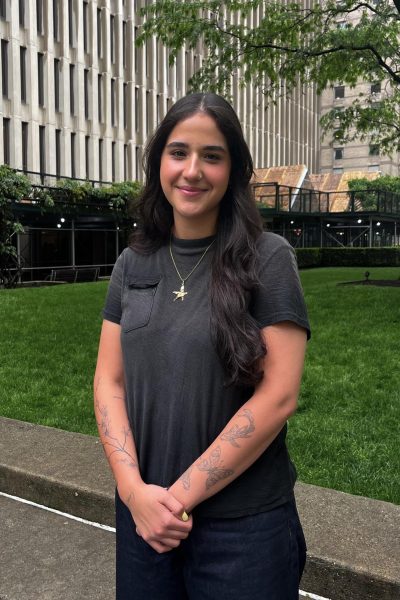
(GEORGIA BERNHARD)
The society was originally founded in 1929 by two students at Yale and made its way to Fordham in 1983. While many Fordham students do not know Psi Chi exists, the ones who do owe their knowledge to one of the Fordham co-founders, Dr. Harold Takooshian.
All of the current Psi Chi student leaders were introduced to the chapter solely by Dr. Harold Takooshian.
Takooshian is an older man with an oft-lingering, gentle grin, positioned below an impressively precise pencil mustache. He has been a professor and a fixture of Fordham’s psychology department for decades, as well as being the long-standing faculty advisor of Psi Chi Lincoln Center.
His excitement is still making waves to this day, represented most significantly in the fact that all of the current Psi Chi student leaders were introduced to the chapter solely by Takooshian.
Nikkolina Curto, Fordham College at Lincoln Center (FCLC) ’25, an officer of the club, said that she joined on account of Takooshian’s invitation.
“He’ll hand out the flyers that tell you about Psi Chi and he’ll say, ‘Everybody, go join,’” Curto explained.
As Takooshian attested, “Psi Chi definitely affected my life. I was the president in 1999. And I also received the outstanding award in 2010.” And, to clarify, by “president,” he does mean that he was the president of the international organization as a whole.
“It’s not doing as much as it could be doing. I mentioned earlier we’re doing a lot of great things, but more people don’t know about them.“ Dr. Harold Takooshian
He also said that he wants to see the Lincoln Center chapter do more and go farther. “I would say Psi Chi has been undervalued,” Takooshian said. “It’s not doing as much as it could be doing. I mentioned earlier we’re doing a lot of great things, but most people don’t know about them.”
Takooshian, serving as a historian of sorts for Psi Chi, spoke with conviction about the storied past of his Fordham chapter. For example, when the late psychologist, and Fordham professor, Olivia Hooker, found out about the honors society, they pushed her to apply and become a member.
“Of course, she was accepted because she’s an extraordinary professor,” he said with a smile. When she was inducted, she was the oldest member of Psi Chi.
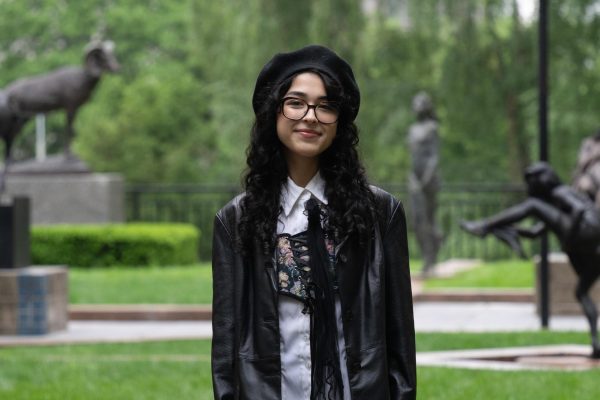
While the chapter has had its fair share of past achievements, it is still hard-pressed to get recognition from the university or secure money for its operations.
The leaders of Psi Chi Lincoln Center attest to the fact that the society has been left in a struggling state. Over the past year, the officers of Psi Chi have faced a tangle of bureaucracy that has inhibited their ability to simply become known to the vast population of psychology students at Fordham, further limited by their lack of funds. Nonetheless, the society’s officers do not cower in the face of these barriers.
Psi Chi is treated differently, Takooshian explained, because it is an honors society.
“We don’t get any funds from Fordham,” Takooshian said. “Fordham does not fund honor societies because, at least historically, they felt it was elitist that not every student could join.”
Yet, calling Psi Chi “elitist” because it has a GPA requirement is, to him, unconvincing. “It’s up to them to have their grades to join. It’s not like Psi Chi is discriminatory,” he said.
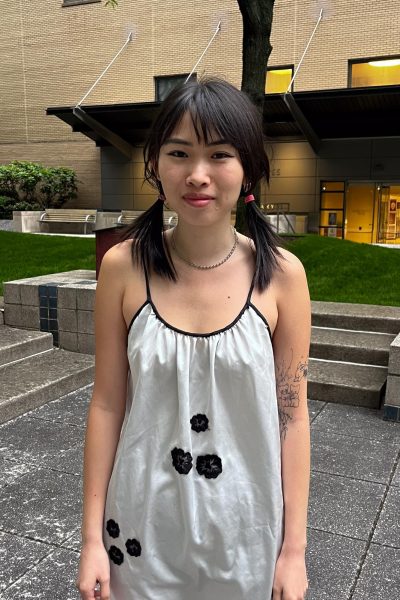
“We’re not getting any direct flow of money for our chapter at Fordham. However, we’re allowed to apply for each student.“ Nikkolina Curto, FCLC ’25
The lack of university funding wouldn’t spell as much trouble if Psi Chi received funds from the international organization instead. But as a chapter, the leaders of the group explain, Psi Chi Lincoln Center is not funded by their parent organization, either. The Psi Chi chapter at Lincoln Center does not receive funding from anyone.
“We’re not getting any direct flow of money for our chapter at Fordham. However, we’re allowed to apply for each student,” Curto explained. “It’s kind of like an individualized amount of money for yourself, which is extremely beneficial, but doesn’t allow the society to use it as a whole.”
A skeptical student might wonder aloud once again if it is really true that Psi Chi Lincoln Center has no kind of official funding.
“No funding. Zero, zero dollars,” Curto said.
Cerise Wang, FCLC ’25, another officer for Psi Chi Lincoln Center, pondered what they could do if they had money to support their group.
“It kind of sucks. It just feels like there’s so much we could do if we had funding,” Wang said. “It’s a little discouraging from the school, but I think that everyone in the club is really making their best effort.”
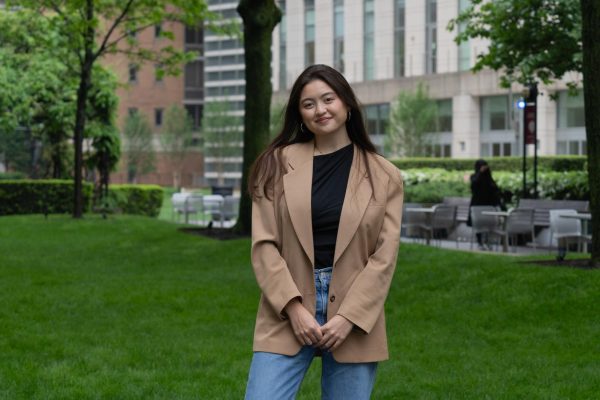
The chapter has been caught between a rock and a hard place — between a lack of funding and yet another lack of funding. As its officers have stated, having limited funds restricts them from putting on events they would be able to otherwise: ones that would perhaps require a higher level of production than the lecture events they’ve been holding.
Given the lack of support from the university, Curto said that Takooshian has stepped in on occasion to personally fund some of the honor society’s events.
“He has even said it himself that he sometimes has to put his own money into it,” Curto explained.
For example, after inductions, there is often coffee and snacks. “Normally, for a club, that’s provided for with the money that we’re given,” Curto said. “But that’s money coming out of his pocket. Obviously, he’s a very generous, generous person for doing that. But he shouldn’t have to.”
“Nowadays, you need money, that’s it. To do anything, you need money. So it’s hard,” Curto said.
“If you go to a psychology event, you’re likely to run into a fellow Psi Chi member, and it’s an easy way to bond, an easy way to connect, an easy way to network.“ Jamilla Perez-Hosein, FCLC ’25
As its officers will attest, being part of an international organization can provide Fordham’s psychology students with opportunities they can’t easily find elsewhere.
Malia Coghlan, FCLC ’25, another one of Psi Chi Lincoln Center’s officers, explained that “no matter where you go, you can find Psi Chi there, which is really cool.”
Another leader, Jamilla Perez-Hosein, FCLC ’25, added that the society’s wide reach makes it easier to make and keep professional contacts. “If you go to a psychology event,” she said, “you’re likely to run into a fellow Psi Chi member, and it’s an easy way to bond; an easy way to connect; an easy way to network.”
Many officers spoke to the potential the chapter has as a part of Psi Chi. Curto recounted an address Takooshian once gave the group.
“Psi Chi — the organization — has so much money, and so much money to the point where they’re not even giving out all of it,” she recalled him saying.
Even so, Coghlan was optimistic about the potential of the chapter. “I hope that it only grows, even after I and the other seniors graduate this spring,” she said. “I hope it has a long, healthy future here at Fordham Lincoln Center.”
The chapter has seen success in the past and continues to carry its accomplishments. Nonetheless, Psi Chi Lincoln Center remains an organization that lives in that dark shadow of the bulletin board — an organization whose leaders swear it has a lot to offer students of all stripes, if only people knew what they offered.
